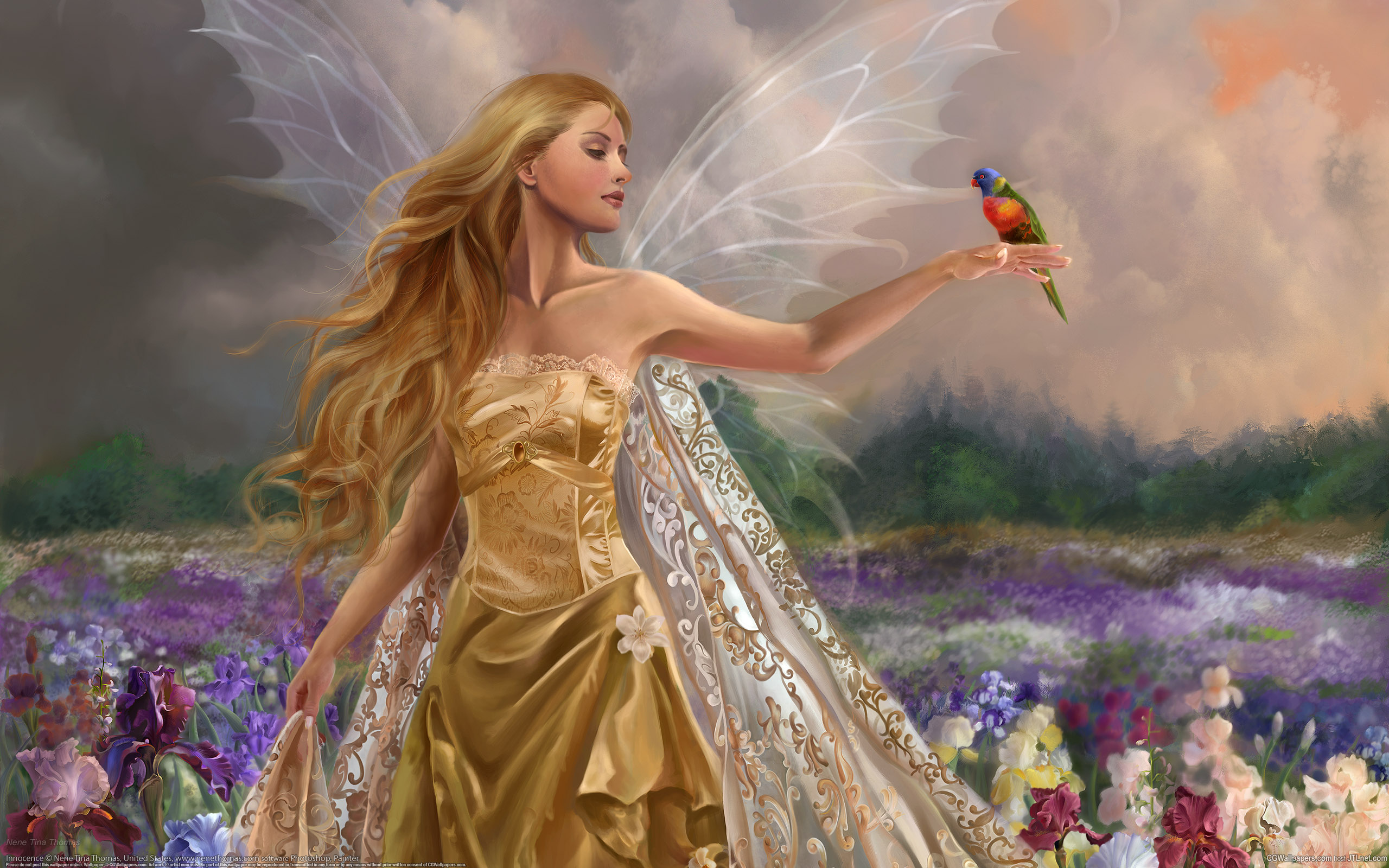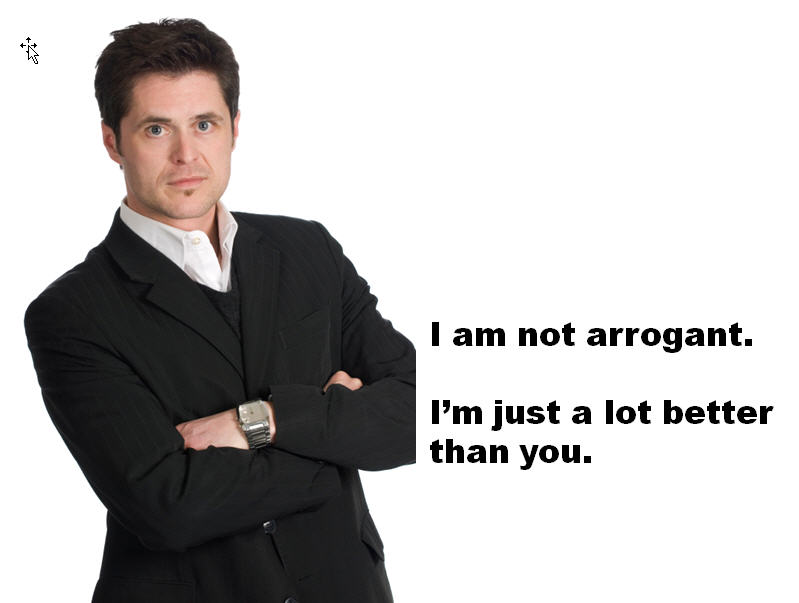This
Saturday, 1-3 pm at Ukazoo Books in Towson, MD, I have a book signing for
both The
Politician’s Pawn and Not So Human.
Politician’s Pawn and Not So Human.
I’ve
never done one of these before, so it’ll certainly be a learning experience.
I
already shared my
experience with someone else’s book signing… the one where he approached me
with a pretentious “Hello. I’m an author.” Clearly, I won’t be taking that
tack.
The
problem is I’m not sure what tack is appropriate.
I
know that, when I’m shopping, I hate to be bothered. Store clerks – and I’ve
been one myself, so this isn’t a matter of being snobbish – can say “hello” and
welcome me in, but anything more and I feel like they’re wasting my time with
their sales pitches.
I
can read the humongous signs in the windows proclaiming the buy-17-get-0.03%-off-a-purchase-less-than-$2
(BSGZOAPLTT) sale going on, thank them very much. I don’t need anyone pointing
it out again. My contacts work just fine.
And
when it comes to book buying in particular, I would much rather have room to
look at the front cover, read the jacket description and flip the work open to
make up my own mind.
People
who gush about how absolutely wonderful their books are sound disingenuous. Of
course they’re going to say their book rocks! They wrote it and they’re trying
to make a sale.
So,
again… not sure how I’m going to approach this.
I
already know I’ll be situated in Ukazoo’s biggest room. So I’m thinking of
simply asking people who walk in what their favorite genre is and letting them
take the lead from there. If they want to chit-chat, awesome! If not, then I’ll
leave them unaccosted.
Maybe
I’ll even read one of my own books while they browse.







